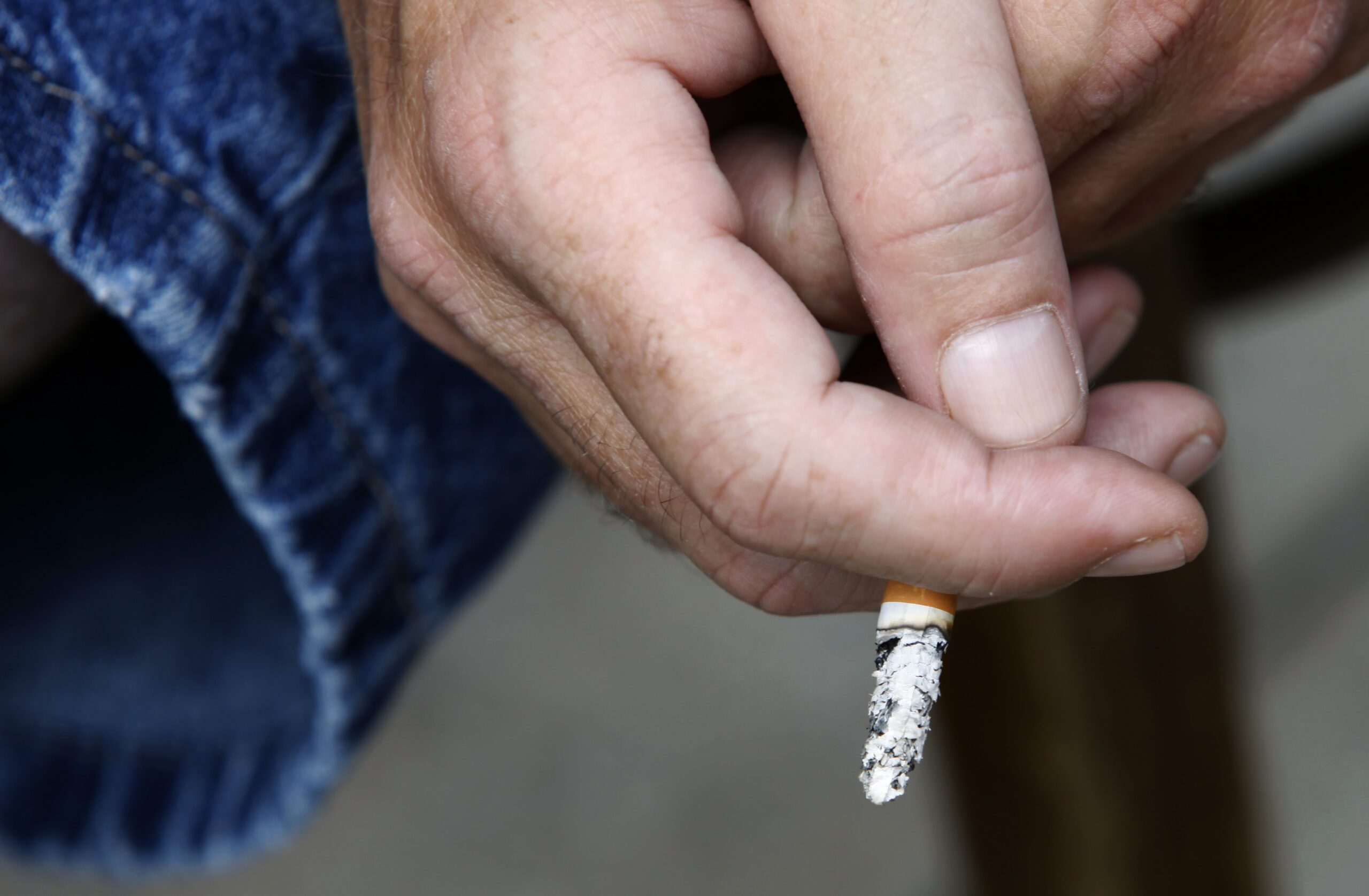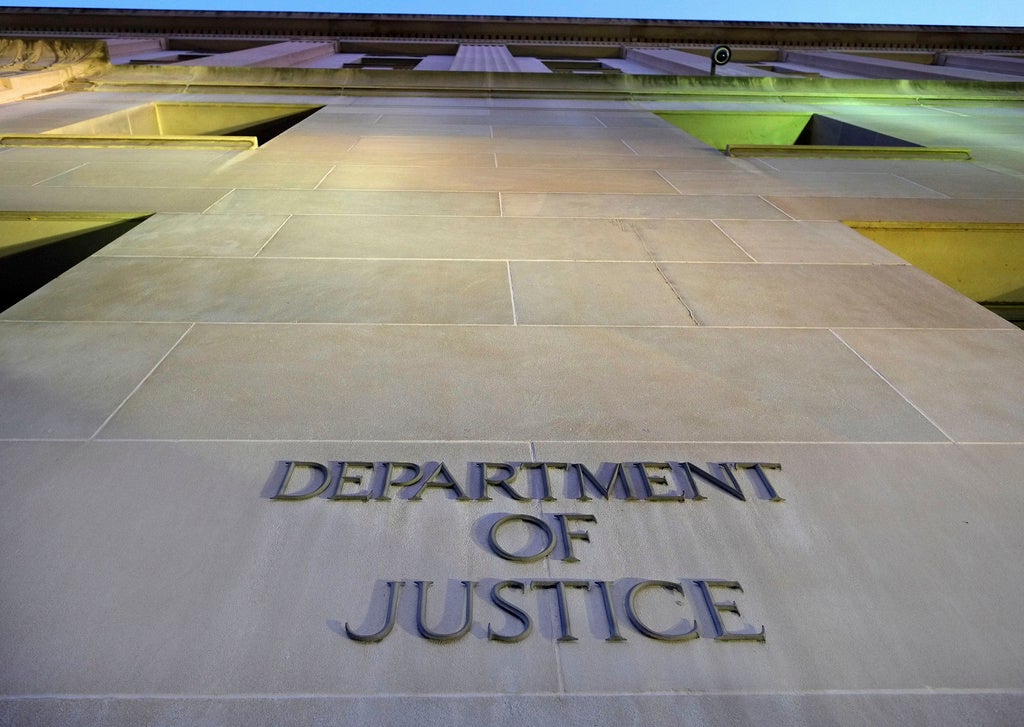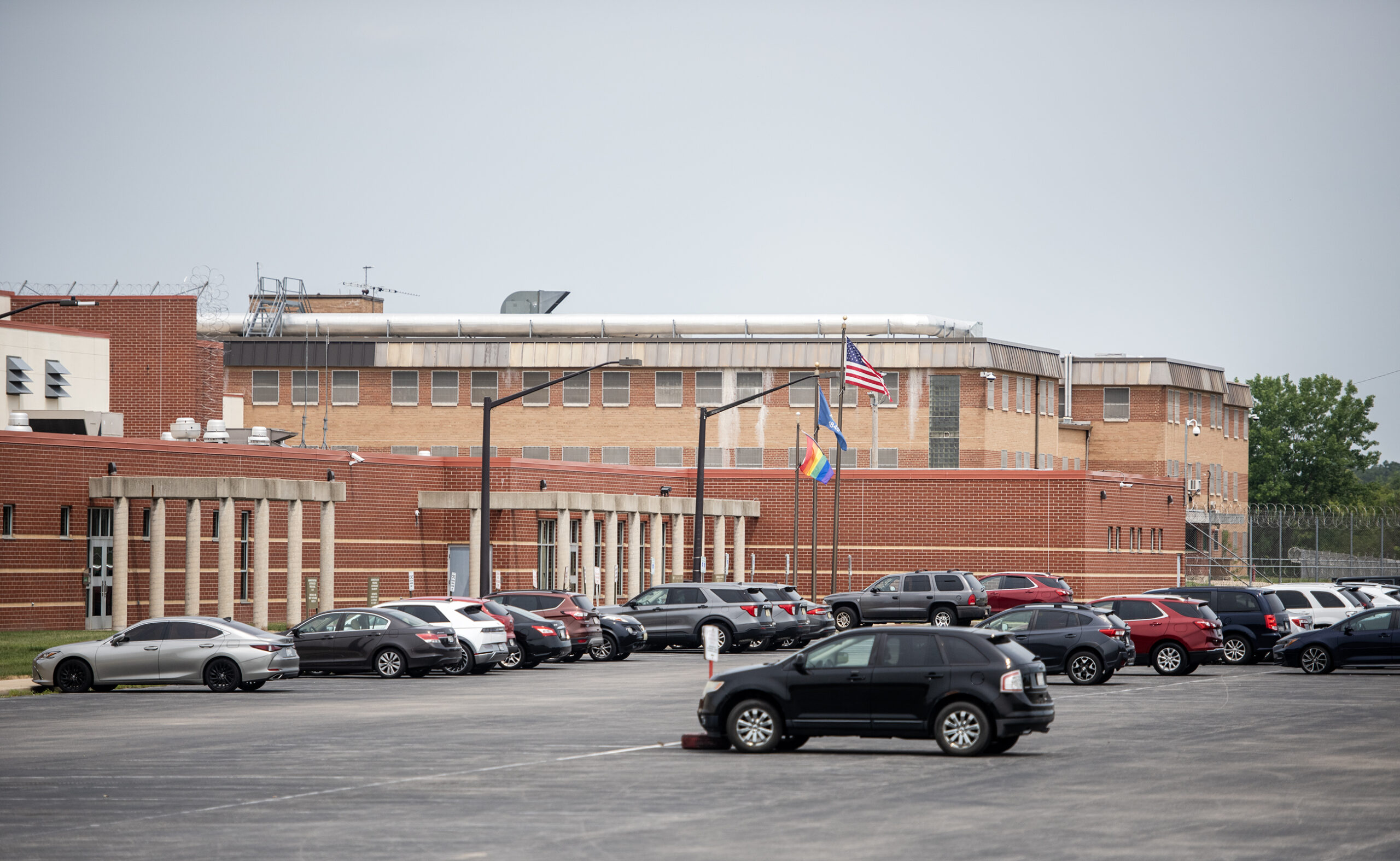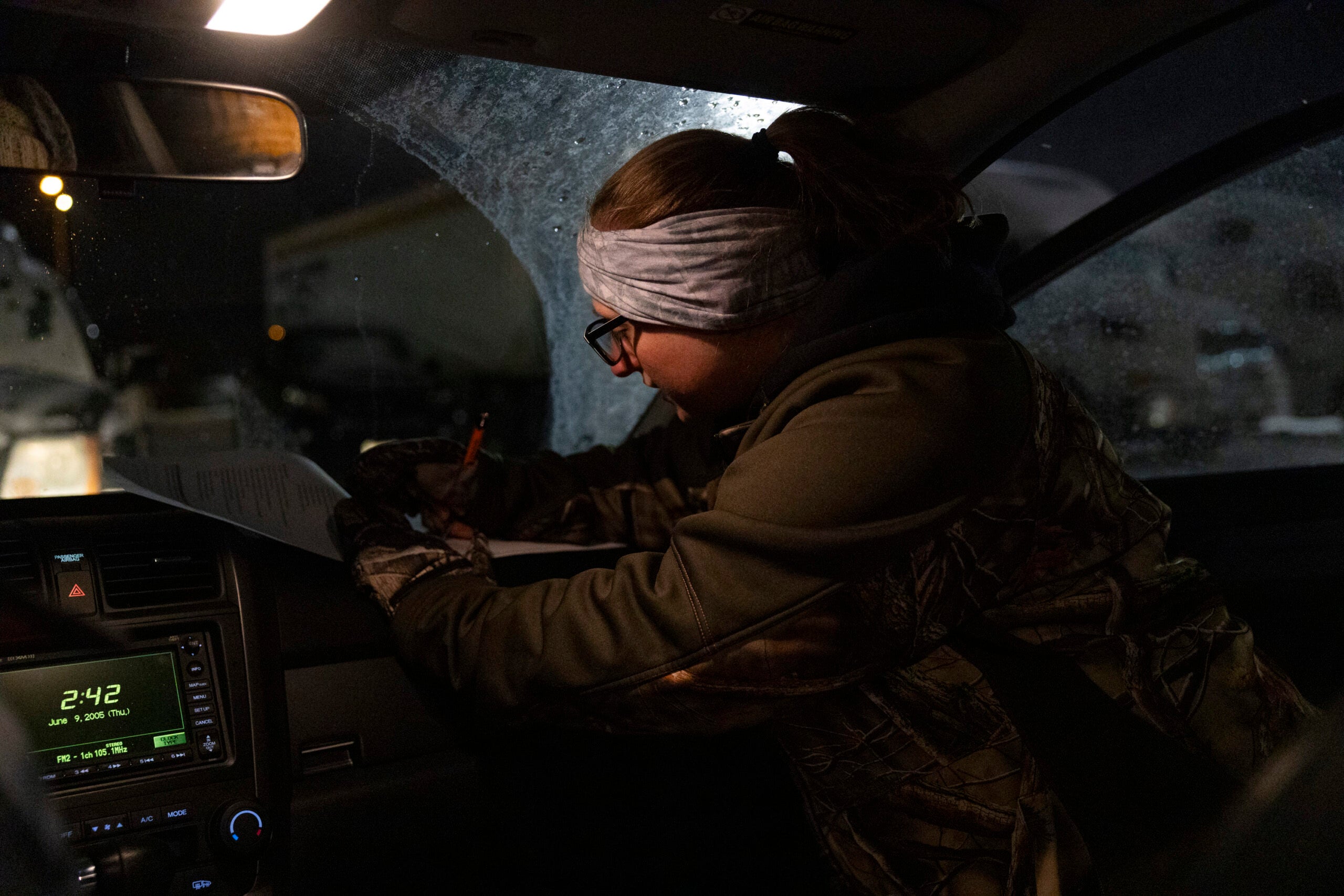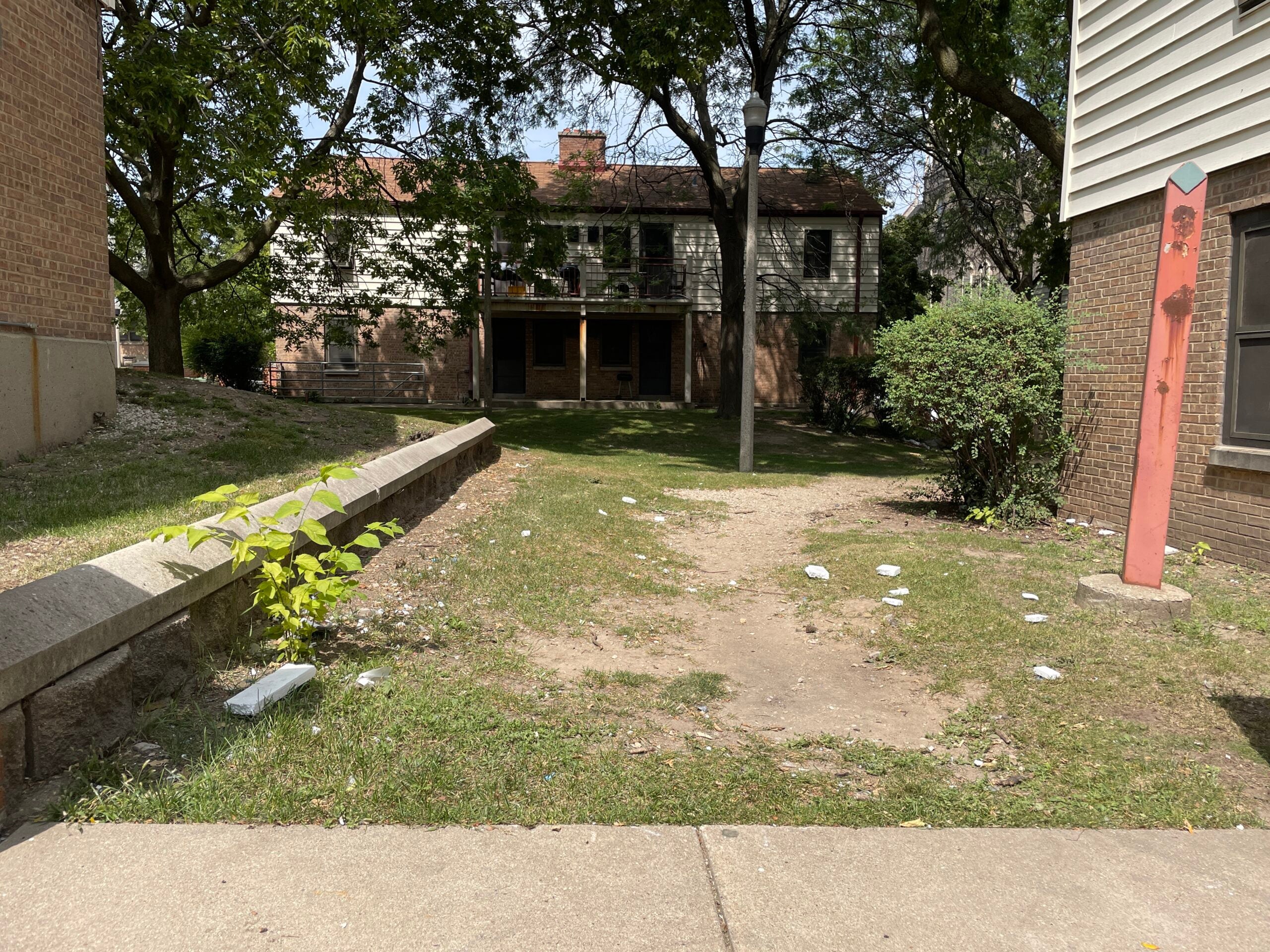Public housing will soon be smoke free. The U.S. Department of Housing and Urban Development issued a final rule Wednesday. While some cities across the country have already made the change, Wisconsin’s larger housing authorities have not.
Wisconsin has 130 local housing authorities; 73 already offer at least one residence that is smoke free, according to the American Lung Association. Dona Wininsky, with the Association’s Wisconsin chapter, said there’s still a long way to go before all public housing is smoke free.
“They do tend to be the smaller, more rural housing authorities that may have only one or a handful of properties versus the larger housing authorities: Dane County, city of Milwaukee, city of Madison,” she said. “So that’s really where the work ahead lies.”
News with a little more humanity
WPR’s “Wisconsin Today” newsletter keeps you connected to the state you love without feeling overwhelmed. No paywall. No agenda. No corporate filter.
Tom Conrad, the interim director of housing operations for Madison, said they will have all public housing smoke free by January 2018. Currently, about 20 percent of Madison’s public housing is smoke free – within the individual units; common areas are already smoke free because of Wisconsin’s smoking ban. Conrad said they will use guidelines from HUD and focus on assisting people to comply, not enforcement.
“So they’re encouraging us to have a comprehensive practice of assisting folks to break the habit, create policies that make it a lease violation to smoke on the property but not to evict people for that; use that only as a last resort,” Conrad said.
Rob Dicke, executive director of Dane County Housing Authority, said he believes there will be health benefits for residents and financial benefits for the housing authority. Smoking causes more wear and tear on apartments which he says can be costly.
“I’ve seen apartments where you can’t cover up the stains on the walls with one coat of paint,” Dicke said. “You often have to prime the walls and then come back and paint them a second time.”
But enforcement is both a logistical and morale concern for the Dane County Housing Authority, which has public housing – duplexes, apartments and single family homes – spread across a wide area.
“So I’m not sure from an enforcement standpoint how easy its going to be to tell someone who’s living in a single family home that they don’t have the right to smoke in that home,” Dicke said.
A resident in public housing could be evicted under the HUD rule, and Dicke said he is concerned they would be unable to find alternative housing.
“That is something we’re concerned about because again we are talking about vulnerable people that don’t have the funds, that don’t have many options about where they’re going to live,” he said. “And evicting them from public housing for behavioral issues is very certainly likely to cause homelessness. That’s something we want to avoid.”
Housing authorities will have 18 months to implement HUD’s smoke-free policy, which was created because of the negative health effects of secondhand smoke. The Lung Association said asthma affects many low-income residents in federally subsidized housing and exposure to secondhand smoke can trigger asthma attacks.
Wisconsin Public Radio, © Copyright 2025, Board of Regents of the University of Wisconsin System and Wisconsin Educational Communications Board.

